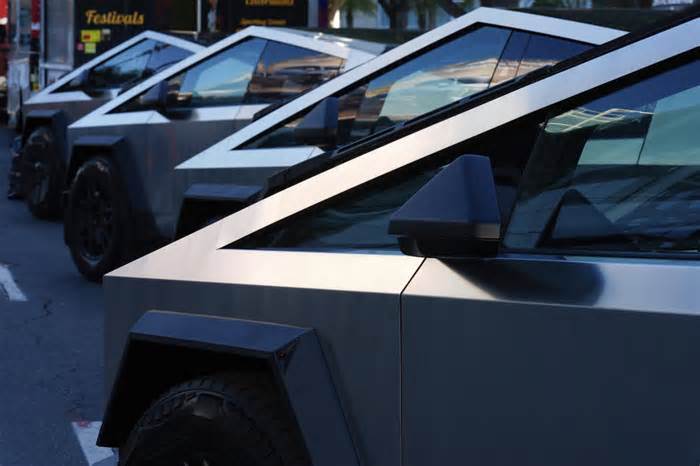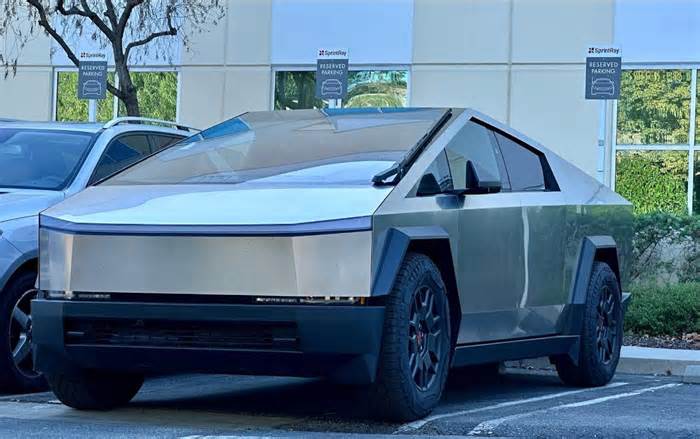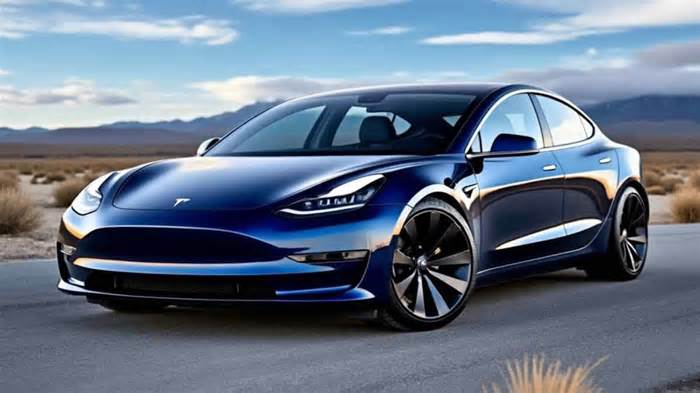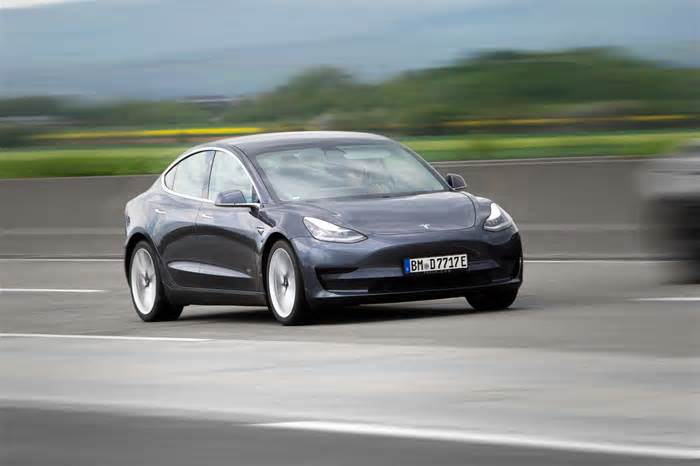
Elon Musk renews fierce legal battle with OpenAI
- by Rolling Out
- Nov 19, 2024
- 0 Comments
- 0 Likes Flag 0 Of 5
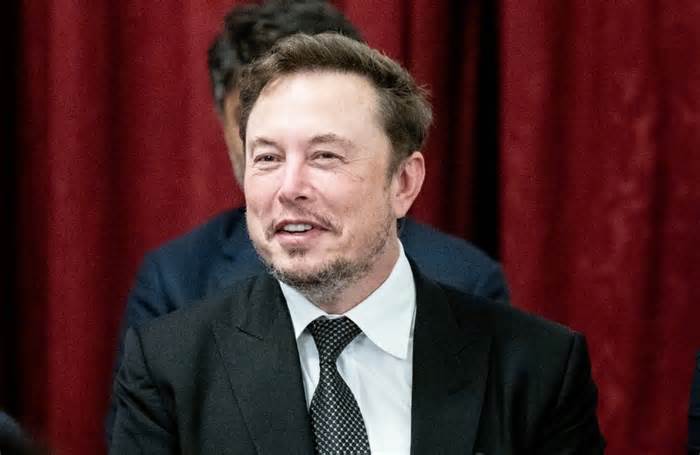
Elon Musk (Photo credit: Bang Media)
Elon Musk has reignited his legal battle with OpenAI – the company he co-founded in 2015. This latest development comes amid growing tensions in the AI industry, which has seen investments exceed $120 billion in the past year.
The Tesla boss has filed an amended lawsuit that now includes Microsoft and LinkedIn co-founder Reid Hoffman as defendants. The expansion of the lawsuit reflects the complex web of relationships and investments in the AI sector, which has grown exponentially since OpenAI’s founding.
Grounds of Musk’s allegations
Musk is accusing OpenAI and Microsoft of monopolizing the artificial intelligence industry and claims they have veered far from the principles upon which OpenAI was founded. Industry experts estimate that Microsoft’s AI market share has grown by 300 percent since its partnership with OpenAI began.
The lawsuit, filed in a California court on Thursday, alleges that OpenAI has transformed from “a tax-exempt charity to a $157 billion for-profit, market-paralyzing gorgon.” This valuation represents a staggering 1,500-percent increase from OpenAI’s initial worth when it transitioned to a for-profit model.
Musk’s complaint also accuses Microsoft of leveraging its investment in OpenAI to stifle competitors, including his own AI venture, xAI. Market analysts note that Microsoft’s AI-related revenue has surged to $25 billion annually since partnering with OpenAI.
“As a result of their unlawful actions, defendants have been unjustly enriched to the tune of hundreds of billions of dollars in value, while Mr. Musk has been conned along with the public,” the filing states. The lawsuit cites detailed financial records showing the rapid acceleration of OpenAI’s commercialization.
‘Even more baseless’
An OpenAI spokesperson dismissed Musk’s claims, saying: “Elon’s third attempt in less than a year to reframe his claims is even more baseless and overreaching than the previous ones.” Legal experts note this is the most comprehensive version of Musk’s lawsuit to date.
They also pointed to earlier emails from Musk, shared publicly, which they said “speak for themselves.” These communications reportedly date back to OpenAI’s founding period and early discussions about its future direction.
Microsoft has declined to comment on the matter, while Hoffman has yet to respond to requests for comment. The silence from these major tech figures has intensified speculation about the potential industry-wide implications of the lawsuit.
OpenAI, originally set up as a non-profit to pursue artificial general intelligence, shifted to a “capped profit” model in 2019, allowing it to attract major investment, including $1billion from Microsoft that year. This grew into a multi-billion dollar partnership by 2023, with total investments reaching unprecedented levels in the AI sector.
The lawsuit also targets OpenAI CEO Sam Altman, accusing him of “rampant self-dealing”. Industry insiders suggest the relationship between Altman and Microsoft has become increasingly intertwined, with joint strategic decisions affecting both companies’ AI initiatives.
Musk claims the company has become “a closed-source de facto subsidiary” of Microsoft, countering OpenAI’s assertion that he previously supported the shift to a profit-driven model. The debate over open-source versus closed-source AI development has become a central point of contention in the industry.
The legal battle has significant implications for the AI industry’s future, potentially affecting development patterns, investment strategies, and regulatory frameworks. Antitrust experts suggest this case could set precedents for how AI companies structure their partnerships and profit models.
This lawsuit comes at a crucial time for AI development, with global investment in artificial intelligence expected to reach $200 billion by 2025. The outcome could influence how future AI companies balance profit motives with their stated missions of beneficial AI development.
Musk’s legal action has also sparked debate about the role of big tech companies in AI development, with some industry observers arguing for stricter oversight of corporate influence in AI research and deployment. The case highlights growing concerns about concentration of power in the AI industry.
The tech community remains divided on the merits of Musk’s claims, with some supporting his push for more open AI development while others view the lawsuit as a strategic move in the increasingly competitive AI market. This legal battle could reshape the landscape of AI development and corporate partnerships in the coming years.
Subscribe
Please first to comment
Related Post
Stay Connected
Tweets by elonmuskTo get the latest tweets please make sure you are logged in on X on this browser.
Sponsored
Popular Post
Middle-Aged Dentist Bought a Tesla Cybertruck, Now He Gets All the Attention He Wanted
32 ViewsNov 23 ,2024
Tesla: Buy This Dip, Energy Growth And Margin Recovery Are Vastly Underappreciated
28 ViewsJul 29 ,2024






 Energy
Energy




